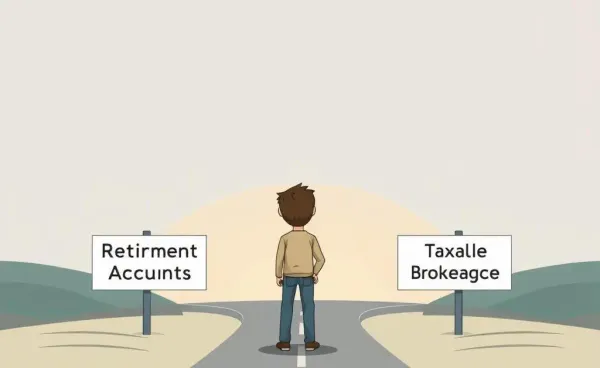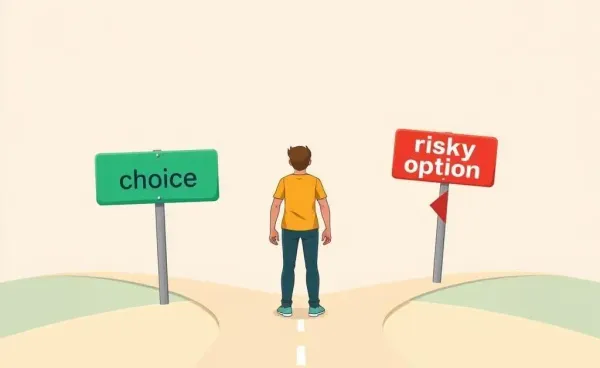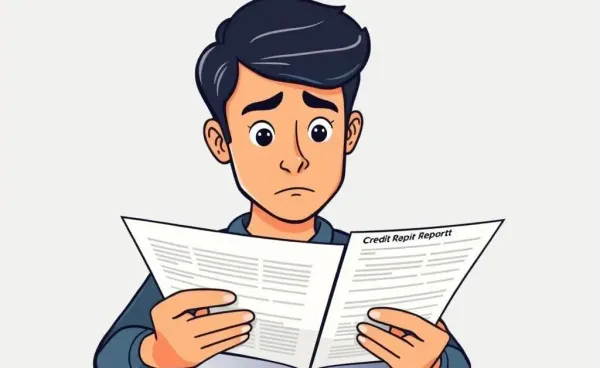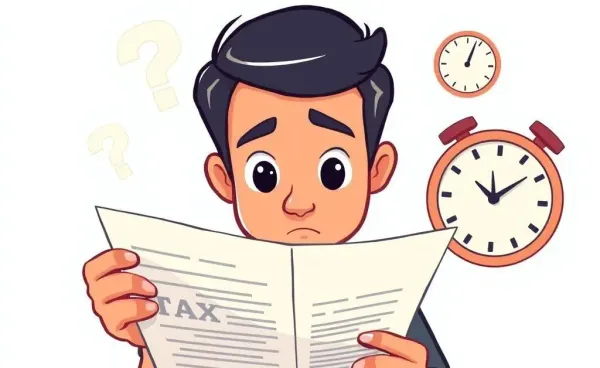Key Financial Lessons Learned a Decade After Graduation
Discover essential financial lessons learned 10 years post-graduation.
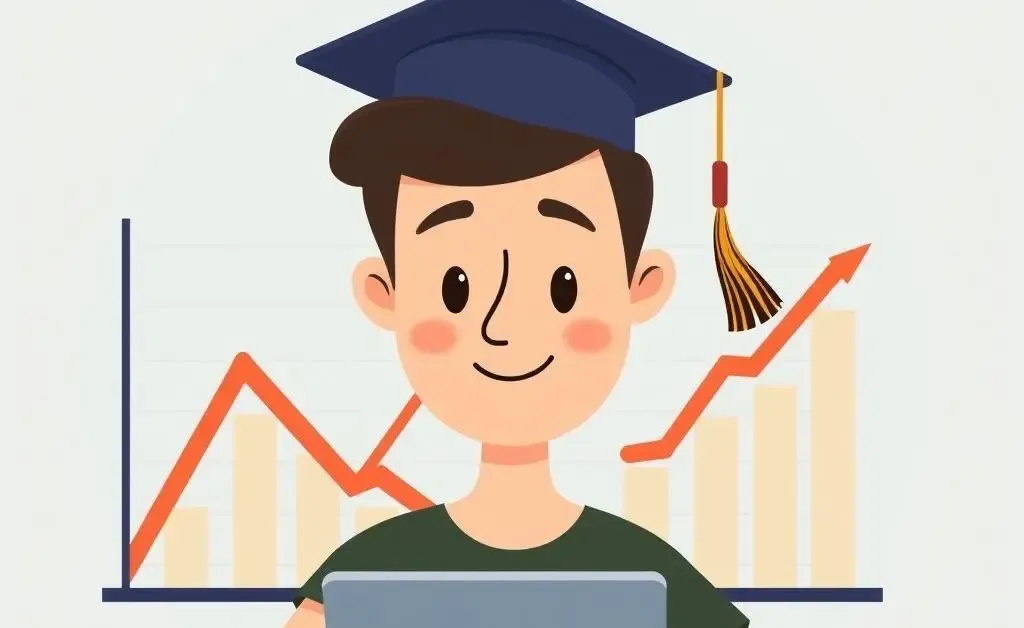
It's been over a decade since I tossed my graduation cap into the air, filled with hopes and dreams for my future. Fast forward to today, and I'm reflecting on the financial lessons I've learned over the years. Whether you're fresh out of school or just curious about a financial perspective ten years in, here's a look at what I've discovered.
Building a Safety Net: The Importance of Emergency Funds
Early on, I learned the hard way that life throws curveballs. That's where an emergency fund comes in—think of it as your financial cushion. An emergency fund offers peace of mind and a buffer against unexpected expenses.

Here is what to consider for a solid emergency fund:
- Start small, aim for at least three months' worth of living expenses.
- Keep it in a separate savings account to avoid the temptation to spend.
- Grow it incrementally as your career progresses and income increases.
Understanding Investments: More Than Just Stocks
When I started my financial journey, investing felt like diving into an abyss of unfamiliar jargon and risks. Over time, I've discovered that investing goes beyond stocks; it's about understanding various financial instruments that align with your goals.
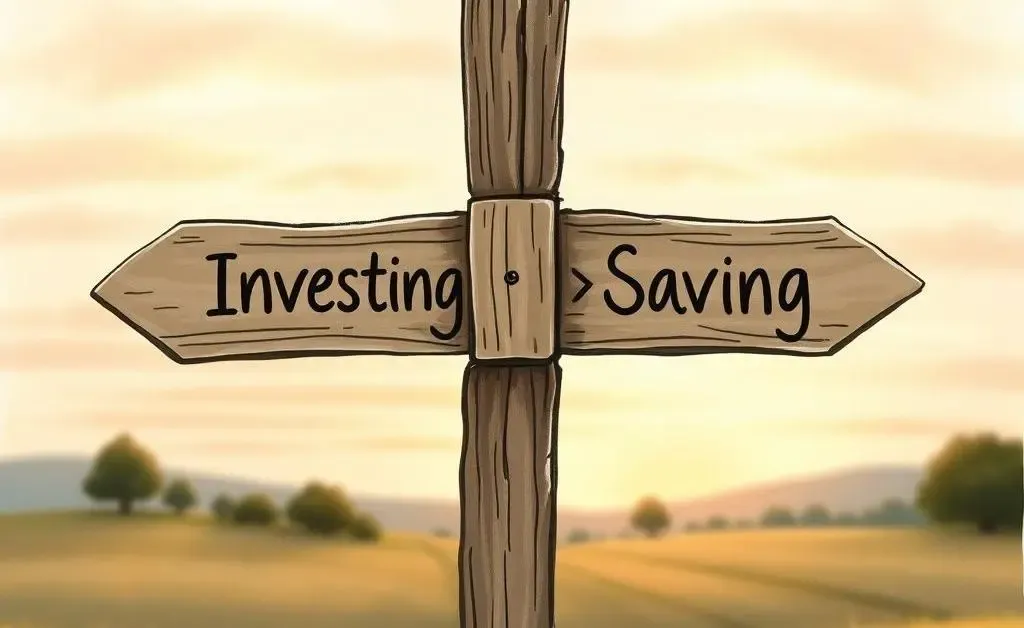
Here’s a simplified approach:
- Research before you invest to know the risks and benefits.
- Diversify to balance potential risks and rewards.
- Start small and don't fear making mistakes—each one is a lesson.
The Power of Financial Literacy
If there's one skill that's crucial for financial success, it's financial literacy. Understanding money management, budgeting, and investing can significantly impact your financial well-being.
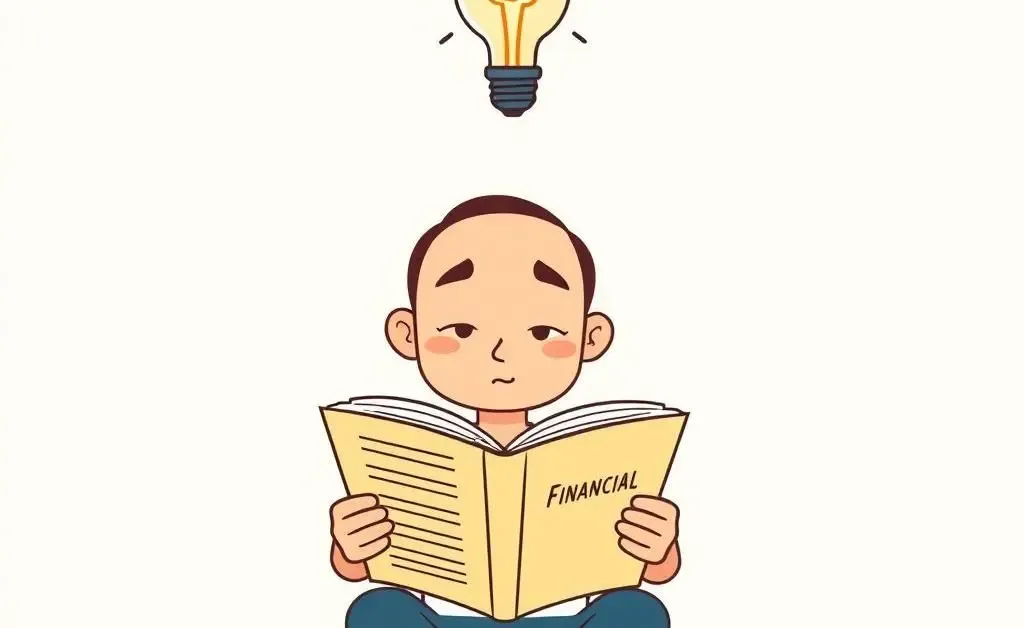
Here’s how to boost your financial skills:
- Read books, listen to podcasts, or take free online courses on personal finance.
- Engage with credible financial blogs and communities.
- Apply what you learn to real-life scenarios to reinforce your understanding.
Conclusion: Reflect and Adapt
Looking back over the past decade, I’ve realized that financial education isn't a destination; it's a journey. Continually reflecting on what works and adapting to changes in your life and the broader economy can set you up for success. So, how will you shape your financial journey in the years to come?

